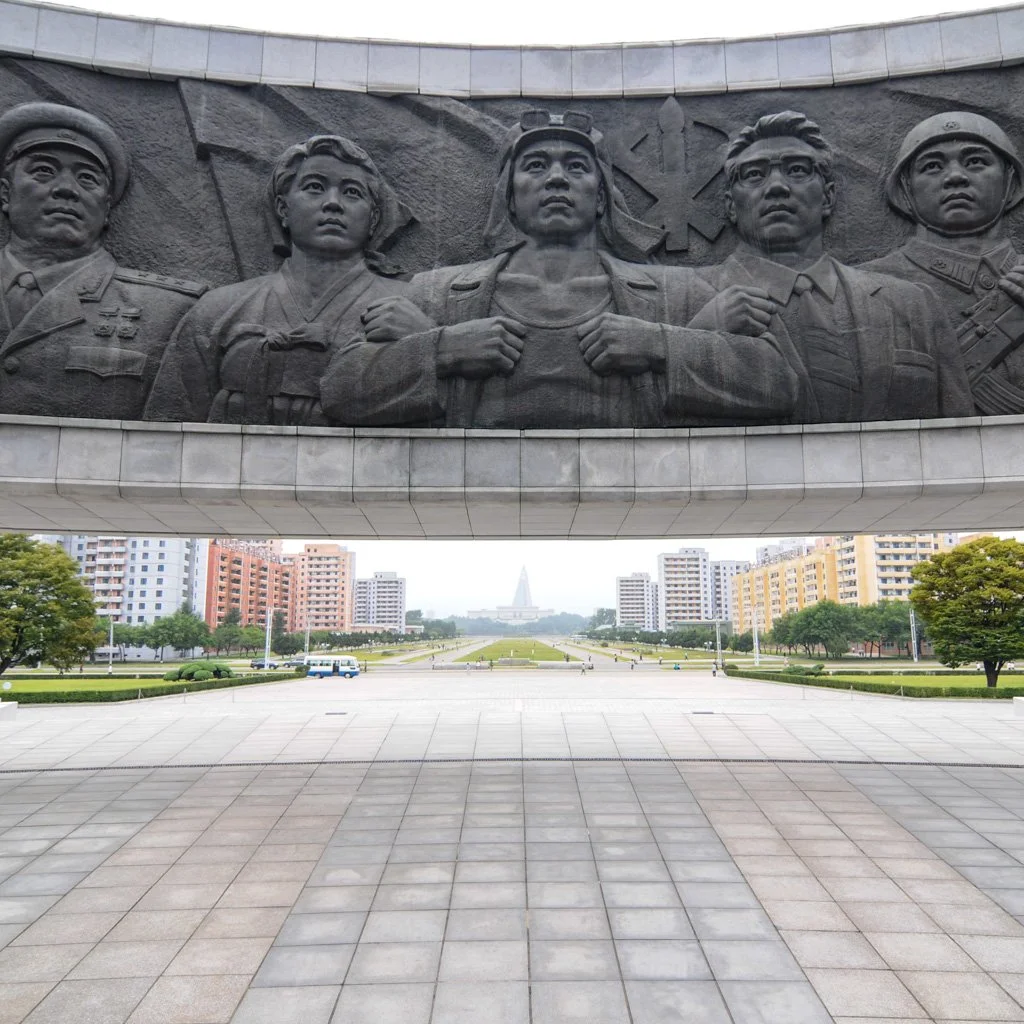The spaces for branding are still small in the DPRK, compared to many places, but seem to be expanding. Tina Kanagaratnam is the CEO of the Shanghai-based PR firm, Asia Media. At a Choson Exchange workshop in 2013 she was trying to explain to her students the relationship between PR and advertising and was struggling.
Treasury slaps a 311 on DPRK
North-South Trade is Gone. So what?
However, several reports suggest that trade continues, mostly as it did before the new UN sanctions. One Pyongyang businessperson said he felt little impact, other than for those in the minerals trade. Certainly, there was no shortage of consumer goods from China evident on recent CE trips to Pyongyang.
DPRK's 70 Day Speed Battle Ends - What Did It All Mean?
Essentially, it's a mass mobilization of adults across the country, in nearly all sectors, to work on a variety of projects. Think of it as nationally mandated overtime. The “battle” component is a DPRK cultural manifestation: exhortations often use the term, harking back to the effort needed to win in actual war. In 2013, they had a “harvest battle”, for example. Also, factories or other workplaces are often called “battle zones” or “battlefields”.
Gum Rung Coffeeshop
We recently got the chance to check out Gum Rung coffeeshop, located in a leisure complex just next to Pyongyang's bowling alley. Overall, we were impressed: the ambiance is by far the most similar to a cafe in other Asian cities with thriving coffee scenes. The decor is relaxing and the equipment is top-notch, and includes an advanced water filtration system.
Annual Report 2015
What's an Elevator Pitch? Explaining Entrepreneurship in North Korea
For some of the workshop leaders on our March trip to Pyongyang, things turned out to be particularly challenging: In a country where elevators are extremely slow and often get stuck, the point of a quick “elevator pitch” isn’t immediately apparent. So when the North Korean audience pitched the business ideas they had developed during the training, 3 minutes often turned into 5, 10, or 15...
China builds bridge from North Korea to Singapore City
You might be aware of the beautiful new suspension bridge the Chinese built to link North Korea with Dandong (aka the Sino-DPRK Friendship Bridge). For whatever reasons, construction on the North Korean side has stalled for more than 2 years. And this symbol of a North Korea more interested in trade, and a vital link between the country and China, remains stuck in its uncompleted state.
A Tailored Trip
Seoul informs Moscow: No Cooperation in Rason
The Russian Railways (in a JV withthe DPRK Railways Ministry) had refurbished a pier in Rason and the rail line to Khasan, in Russia. Three pilot runs of coal to South Korea had taken place and a South Korean consortium comprising steelmaker POSCO, Hyundai Merchant Marine Company and Korail Corporation was looking for investment. By most accounts, it was looking likely that towards end of 2015 the South Korean government was planning to make an exception to allow some kind of investment into the project. (This would require an exemption from the May 24th Sanctions that have banned southern investment in the DPRK since 2010.)











